Russia's economy is struggling, but the commodities giant can still raise prices on its flagship products.
Russia’s Urals crude hit $60 a barrel on July 12, surpassing the ceiling set by the G7 last year in an effort to curb Moscow’s revenues, according to price reporting agency Argus Media. This is seen as an economic victory for Moscow and a blow to Western sanctions efforts.
The $60/barrel price ceiling was imposed by the G7 countries on Russia to achieve two goals: to limit Moscow's energy revenues from pouring into the conflict in Ukraine and to still allow Russian oil to continue flowing into the world economy, thereby curbing hot inflation.
The price cap has hit Russia’s coffers hard this year. The country posted a current account surplus of $5.4 billion in the second quarter of 2023, a 93% drop from a record $76.7 billion surplus in the same period last year, according to central bank data released on July 11.
However, Russia's flagship Urals crude oil price broke the price ceiling on July 11 to reach $60.32, the highest since mid-November 2022, according to S&P Global's commodity insights report.
Argus Media data also showed that Urals crude oil prices rose to $60.78 a barrel at the Black Sea port of Novorossiysk on July 12. Prices for the product at the Baltic and Novorossiisk ports were $62.22 and $63.22 a barrel, respectively, on July 13, according to Reuters.
The price of Russian oil higher than the ceiling price is causing headaches for top buyers of Russian crude, especially India.
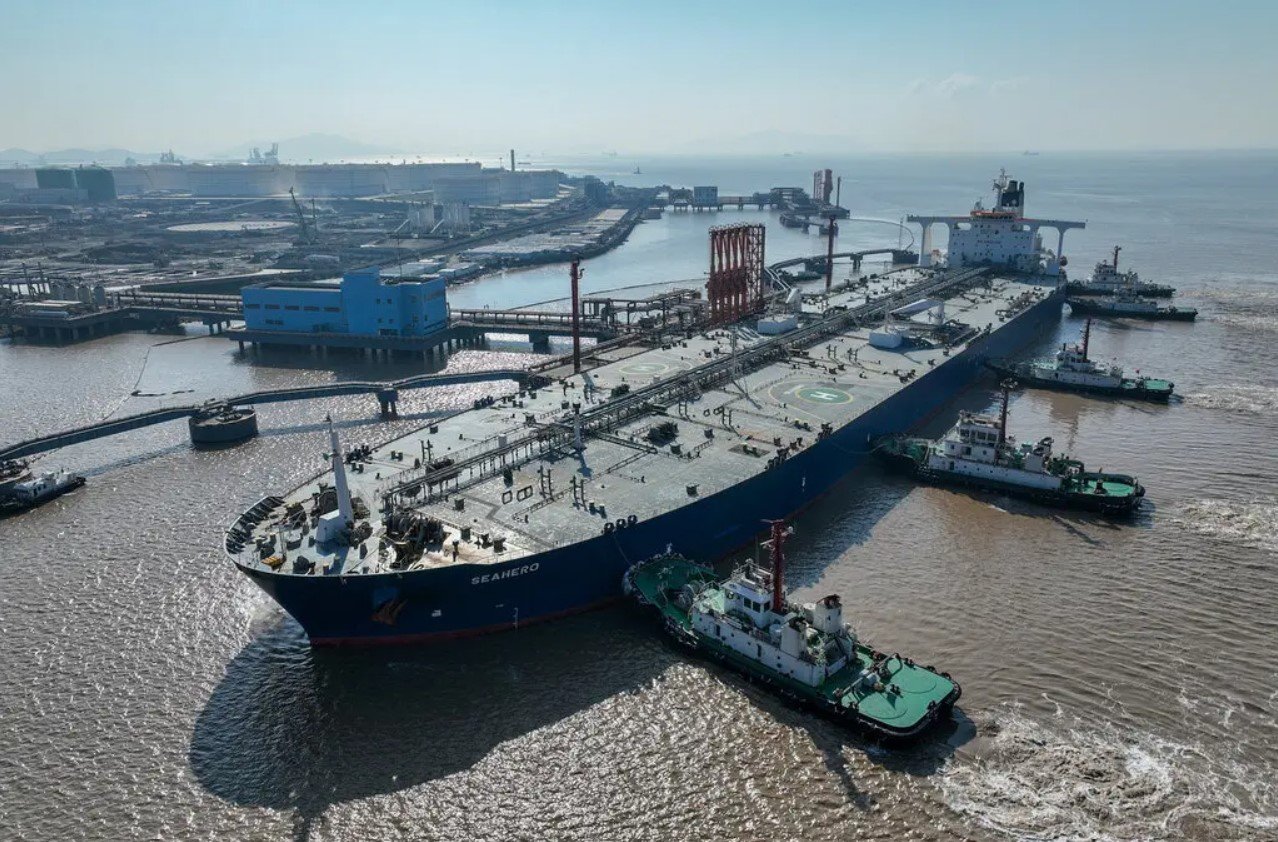
India became a big buyer of Russian oil after the European country sparked the conflict in Ukraine and was sanctioned by the West. Photo: NY Times
“Indian banks have been extremely cautious in the past few months for fear of sanctions. They have asked refiners to prove that the spot price for their cargoes is lower than $60 to be able to make payments,” said Vandana Hari, founder of Vanda Insights, a Singapore-based global energy market information provider.
If Urals surges above $60 again, Russia and its oil buyers will have to increasingly use non-Western insurers and tanker operators to avoid punitive action from the G7 and EU.
“Russia may have to offer deeper discounts to continue to attract buyers in Asia, or middlemen will need to cut their profit margins,” Ms. Hari added.
The move means Russia will have to rely more on its own tankers and services, or those of so-called friendly countries, said Vivek Dhar, head of energy and mining commodities research at Commonwealth Bank of Australia.
However, OPEC+ producers may find it difficult to replace these Western tankers and services, Mr. Dhar added.
“We are closely monitoring the market for potential violations of the price ceiling,” the US Treasury Department said in a statement .
Nguyen Tuyet (According to Bloomberg, Business Insider, Reuters)
Source



![[Photo] Prime Minister Pham Minh Chinh receives the delegation of the Semiconductor Manufacturing International (SEMI)](https://vphoto.vietnam.vn/thumb/1200x675/vietnam/resource/IMAGE/2025/11/06/1762434628831_dsc-0219-jpg.webp)
![[Photo] Closing of the 14th Conference of the 13th Party Central Committee](https://vphoto.vietnam.vn/thumb/1200x675/vietnam/resource/IMAGE/2025/11/06/1762404919012_a1-bnd-5975-5183-jpg.webp)







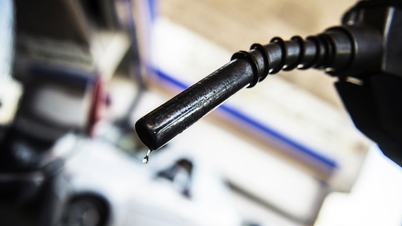



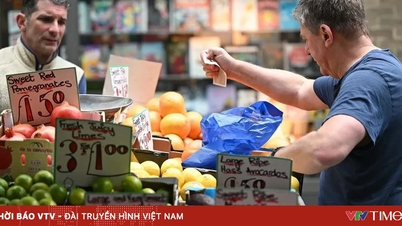








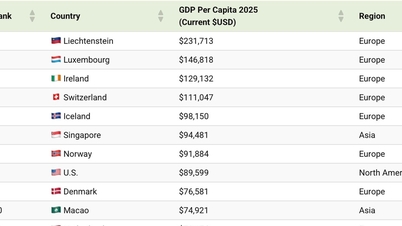














































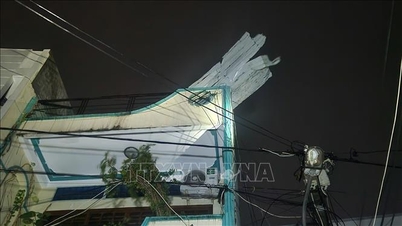
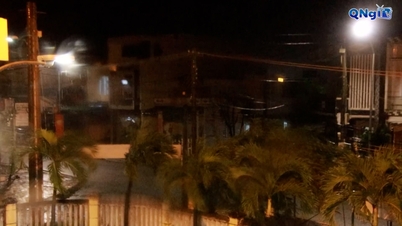





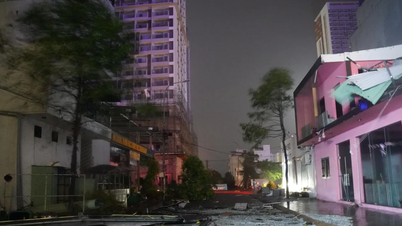









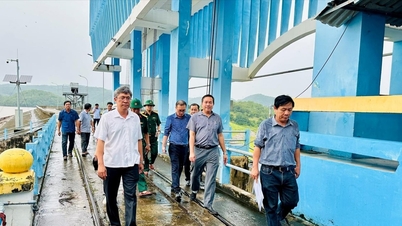
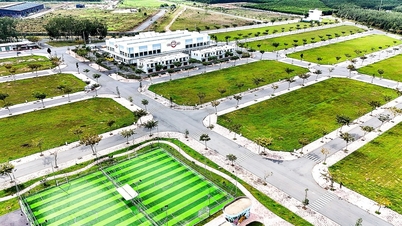


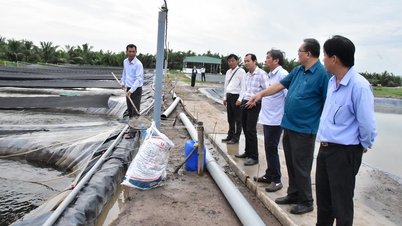




















Comment (0)